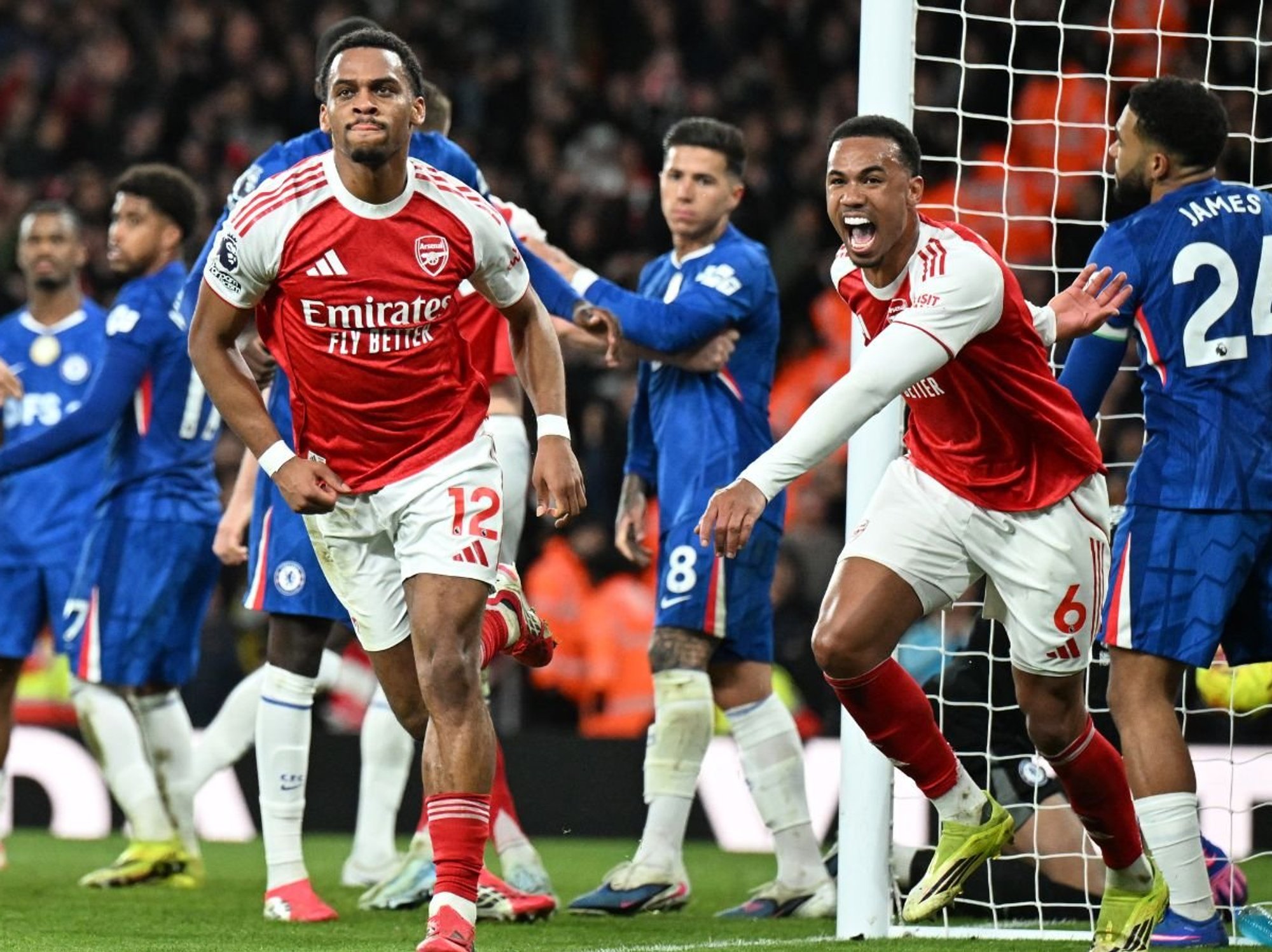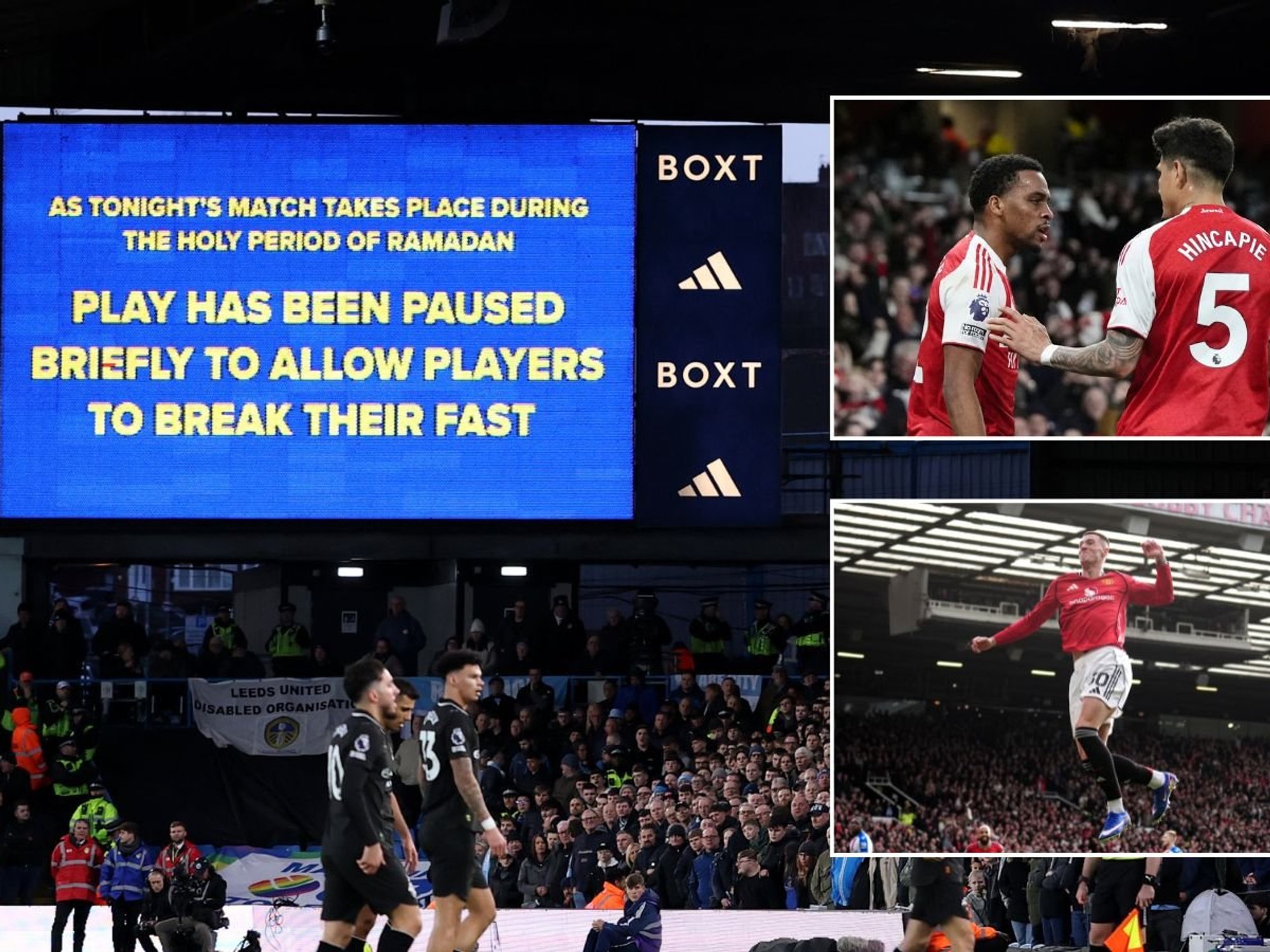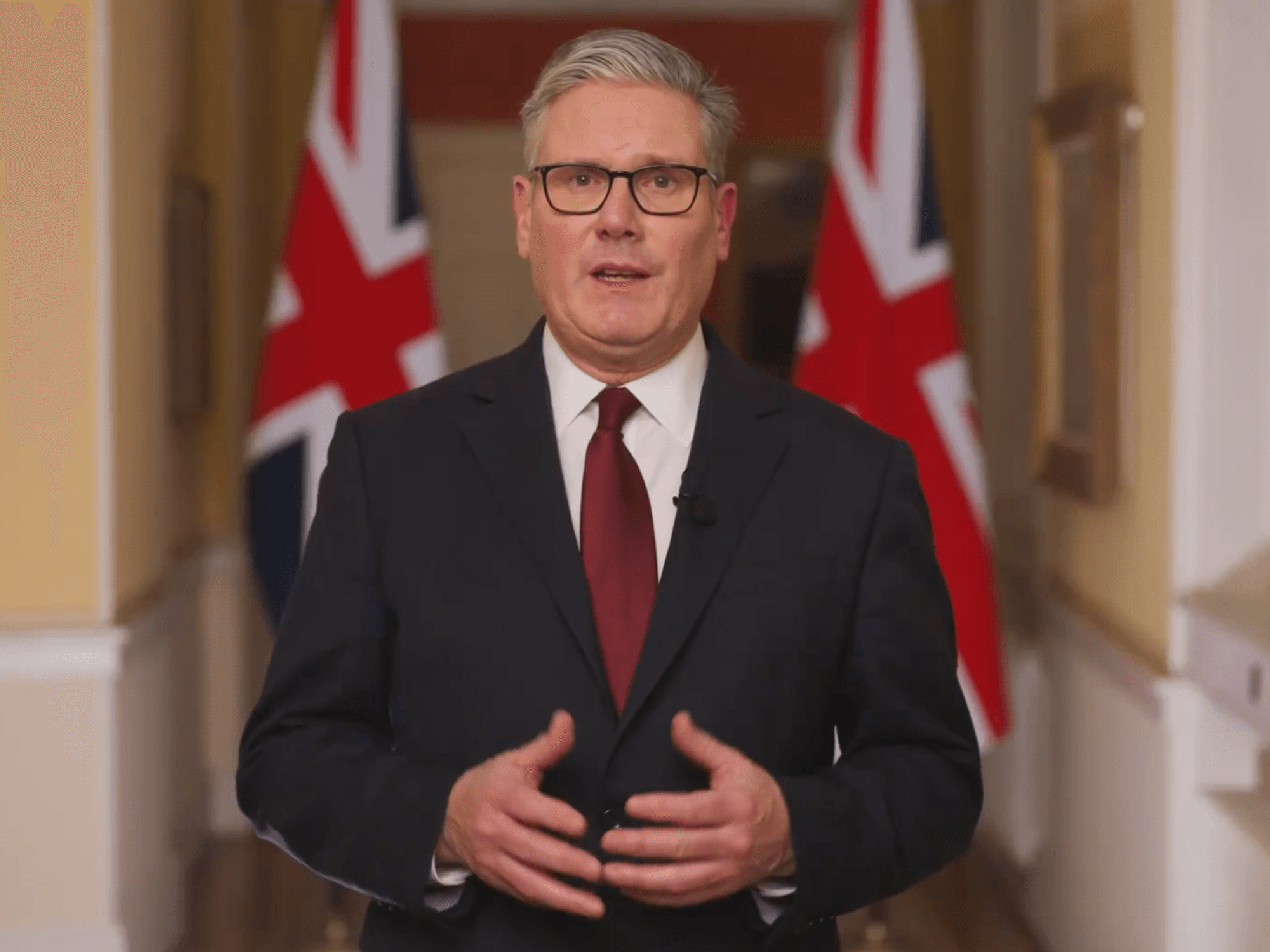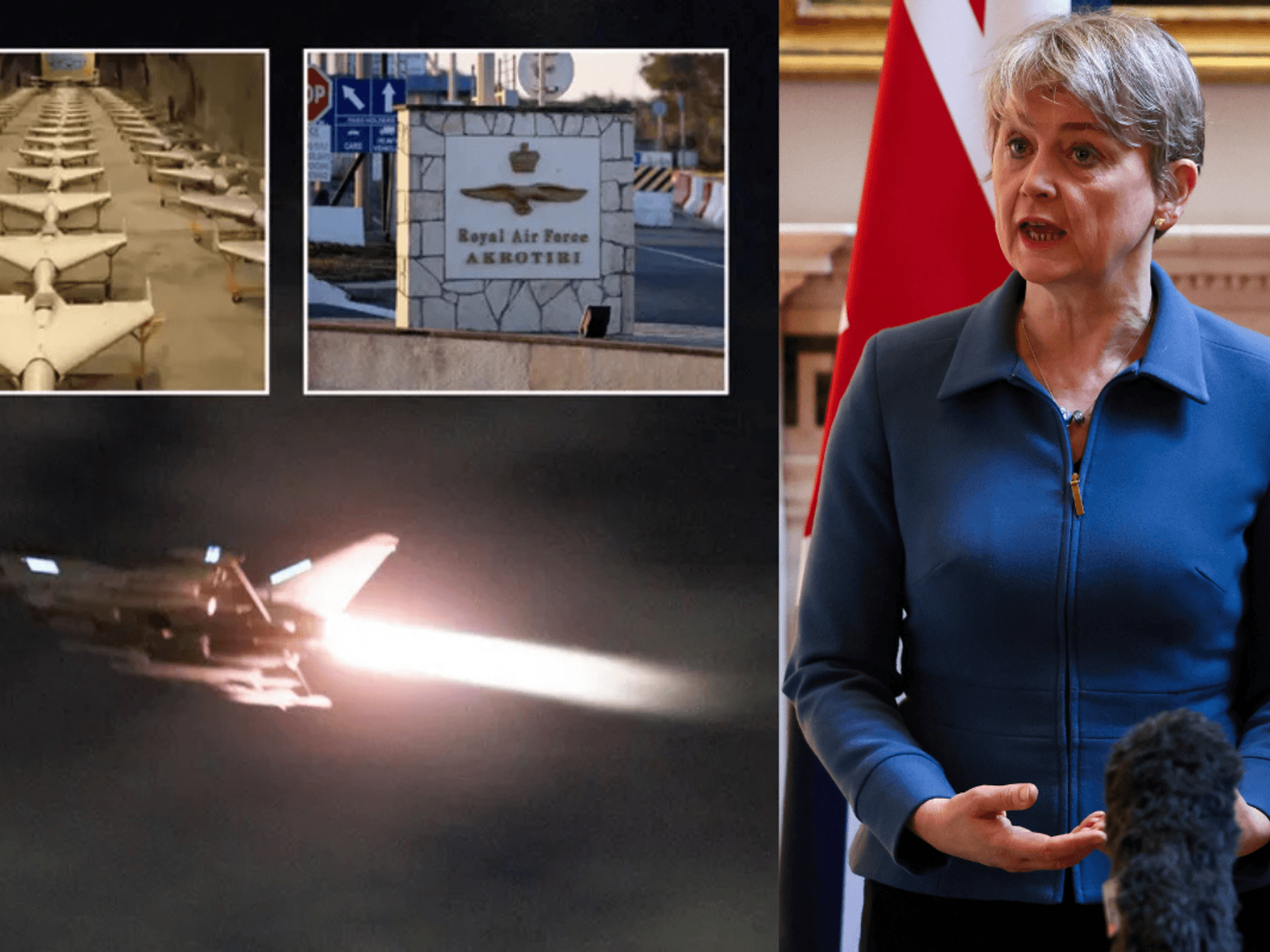Richard Desmond had 'substantial chance' of running National Lottery if contest replayed, High Court hears
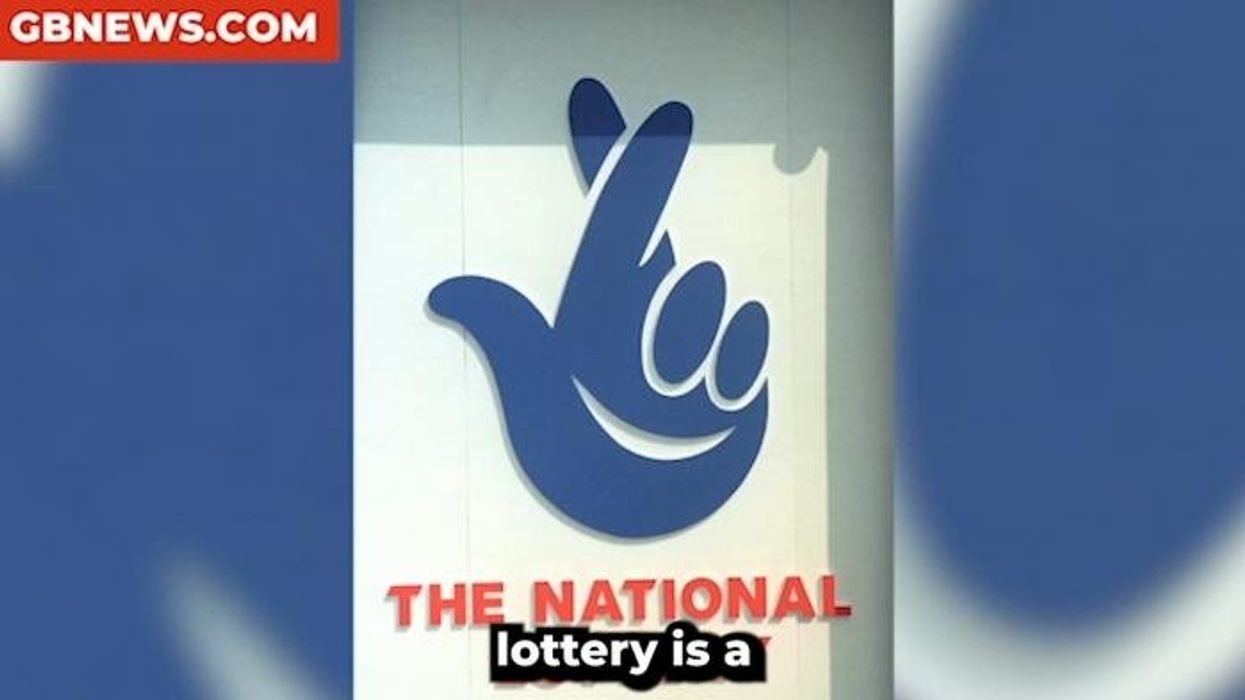
GB News explores six lottery winners whose lives were transformed by a big win |
GB NEWS
The businessman's New Lottery Company has taken the Gambling Commission to court
Don't Miss
Most Read
Trending on GB News
Richard Desmond would have had “a real and substantial chance” of winning his bid to win the National Lottery were the contest to re-run today because of errors in the selection process, a court heard today.
The businessman's New Lottery Company was bidding for the fourth National Lottery licence but came in third place. The licence was won by Allwyn, which later purchased second-placed bidder and former incumbent Camelot. But Mr Desmond's TNLC claims the Gambling Commission made “manifest errors” during the selection process.
Had these mistake not been made, there was a “very real” prospect TNLC would have won, the High Court was told. TNLC and parent company Northern & Shell are claiming up to £1.3billion in the case, which is now on closing arguments after weeks of evidence.
One strand of its argument is “substantial” modifications were made to the licence agreement after the result was announced. TNLC claims these modifications gave an economic advantage to Allwyn.
TRENDING
Stories
Videos
Your Say
Daniel Toledano KC, representing TNLC, said: “Everyone’s financial model would have changed had they been working to the modified arrangements. Allwyn’s and Camelot’s scores were so close that even if a small difference had occurred, in something like contributions to good causes, that might have changed the outcome of the competition.”
TNLC is now calling for the competition to be replayed. Mr Toledano told the court that by adjusting the existing contract, this would allow a new bidding process without an “interregnum” that could stop the National Lottery running while this was underway. The court was told that TNLC’s scores were so poor compared to the winning candidate that its chances of winning a new competition were “fanciful”.
However, Mr Toledano said TNLC, with the benefit of experience and feedback on the eventual outcome, would have altered its bid were it given another opportunity. He said: “Our case is we would have entered a fifth National Lottery competition. Nobody has ever suggested otherwise. We say we would have had a real and substantial chance of winning it.”
He said any failings identified in its bid for the fourth licence could have been remedied. He explained: “It’s said against us that to establish such a chance we have to overcome the failings in the fourth licence bid, and make up the gap in scores, too. Our case is we would still have overcome these failings in a fifth National Lottery competition.”
 Richard Desmond is suing the Gambling Commission | PA
Richard Desmond is suing the Gambling Commission | PAHe pointed out the bidders had been provided with detailed information on their entries once the winner was decided. This would have allowed them to alter their bid were it to be run again, Mr Toledano said, adding: “TNLC would have approached a fifth National Lottery competition with all of that material in mind and try everything it could to overcome the scoring failures. It’s said our evidence on how we would improve is vague. We say that’s unfair.”
None of the issues raised with the TNLC bid, Mr Toledano claims, were “insurmountable obstacles”. If the alleged breaches were true, Mr Toledano told the court, then “the Gambling Commission was obliged to run a new competition”, adding: “It didn’t do so. We lost out on our opportunity to take part in that competition. It can’t be right to say we would have to establish that we would have made up in the gap in scoring. We can’t do that on the balance of probabilities because it doesn’t depend on the content of our bid, it also depends on how the Gambling Commission overall score all of the bids.”
Mr Toledano suggested the current licence be allowed to continue for 36 months while a new competition is arranged. “This remedies the injustice but wouldn’t result in an interregnum,” he said.
TNLC also claims there was a conflict of interest with the bank, Rothschild, reportedly acting for the Gambling Commission and Allwyn at the same time. Witnesses for Allwyn have denied any conflict, saying meetings with investment bankers were commonplace for the company.
LATEST DEVELOPMENTS
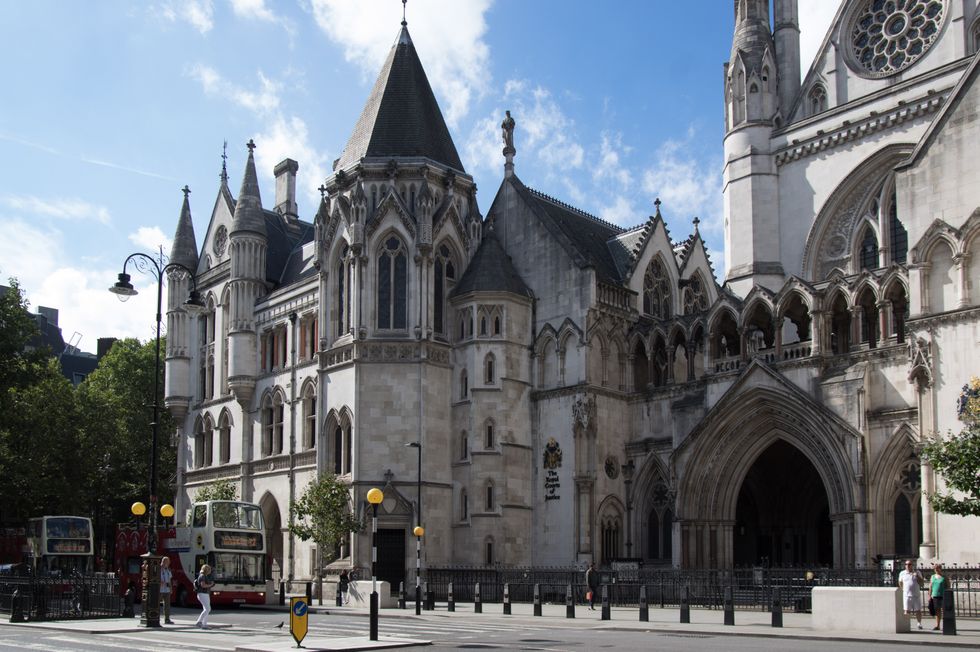
The case has been taken to the High Court
| WIKIMEDIA COMMONSNevertheless, Mr Toledano suggested this conflict alone could have seen Allwyn disqualified from the tender process. He said Allwyn failed to disclose the information to the Commission and told the court: “The Commission failed to do anything at all about Allwyn’s non-disclosure. It could have asked Allwyn for an explanation. We say any explanation would have been insufficient.”
Allwyn’s disqualification could have been one outcome, Mr Toledano said. Asked by judge Mrs Justice Joanna Smith whether he was claiming Rothschild acted as a “decision maker” or had influence over the result, Mr Toledano replied he did not, saying: "We can’t put it that high. The highest we can put it is they were in a position of influence. They were sitting in meetings (on issues such as) financial strength, and answering questions on financial strength matters. We can’t say they were decision makers.”
TNLC also claim Allwyn breached a strict media protocol, with the court hearing how leaked information about ticket pricing reached the media. It was accepted the information could only have come from Allwyn or the Gambling Commission.
Earlier, the court heard a Gambling Commission investigation cleared it of leaking, pointing the finger at Allwyn. Yet, Mr Toledano accepted the Commission investigation was not robust enough to definitively prove it was not the source.
Allwyn denies leaking the information. “This has left the claimants in a position where we don’t know who was responsible for the leaks,” said Mr Toledano.
Allwyn is set to make its closing arguments later this week, although in submitted documents has called for the case to be dismissed. It said the damages and request for a re-run were “extravagant” and claimed that TNLC “was a complete ‘no-hoper’” in the fourth competition.
It alleged TNLC’s claims were "without merit, and should be dismissed in their entirety”.The court has been told claims from TNLC the Gambling Commission fell short on a number of issues.
These include the provision of feedback after the initial phase one of the bidding. TNLC says while the feedback it received was inadequate, Allwyn was able to shape its bid advantageously thanks to its feedback from the Commission.
The court heard during the licensing process Allwyn “repeatedly breached” a publicity protocol designed to ensure “a level playing field” between bidders.It is also alleged that both Allwyn and Camelot should have been disqualified from the process for serious failures in their bids.
However, each was allowed to continue. Furthermore, TNLC says the terms of the contract were modified after the winner was announced. Had TNLC known of these modifications, its bid may have been different and the outcome affected, it was claimed.
Both Allwyn and the Gambling Commission deny the claims.
The case continues.
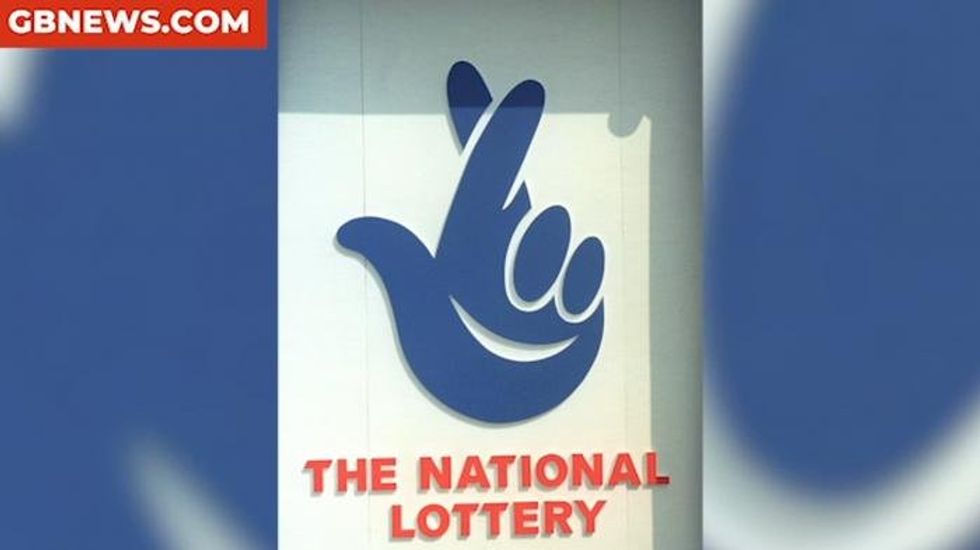 Allwyn won the competition to run the National Lottery | GB NEWS
Allwyn won the competition to run the National Lottery | GB NEWSOur Standards: The GB News Editorial Charter
More From GB News





